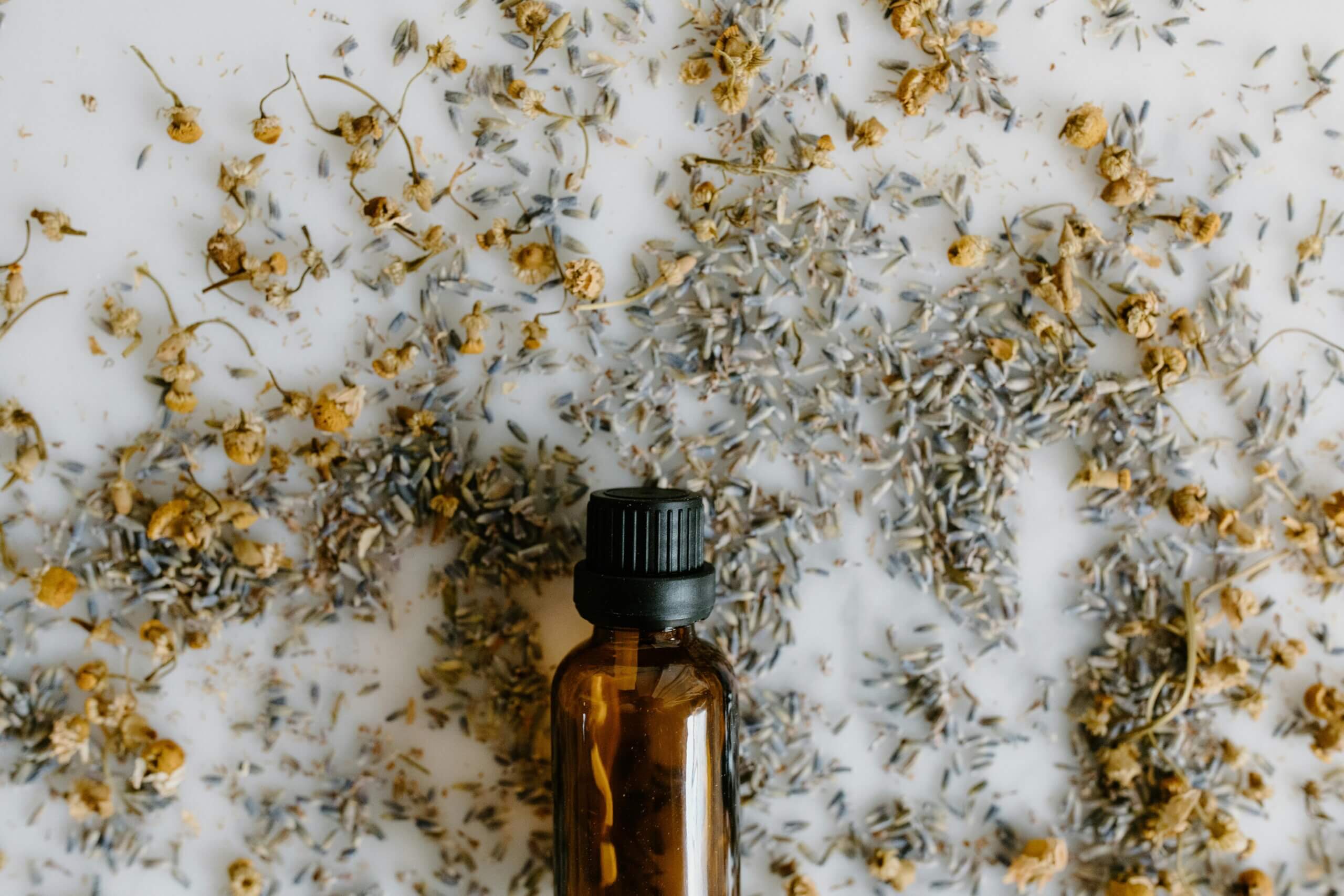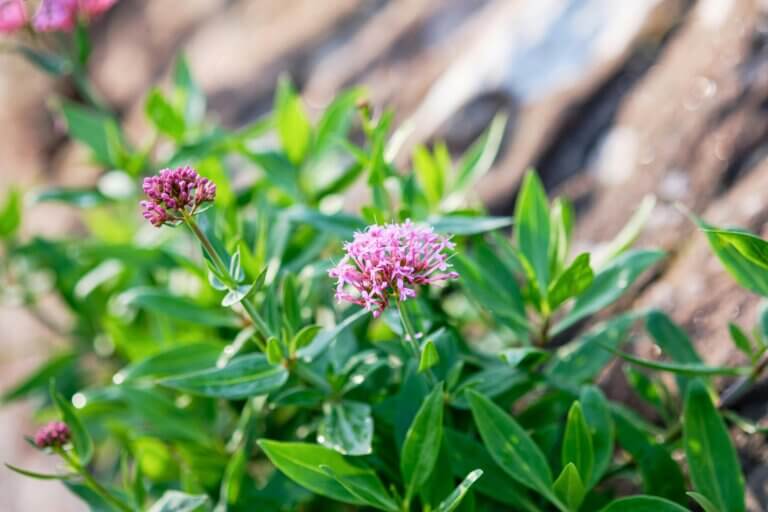The earliest doctors were herbalists who used their extensive knowledge of plants to heal aches and ills in their communities. In ancient times, this herbal medicine practice was more superstition and guesswork than it was science.
Herbal medicine is becoming popular again as people try to turn their backs on artificial medicines and corrupt pharmacies. But what do you need to know about herbal medicine?
Your Doctor Is An Important Source
You should always talk to your primary care provider before you start to experiment with herbal medicine. There are many good reasons for this including:
- Herbal remedies can react with prescription medication.
- Your doctor may be able to suggest herbal remedies for what ails you.
- Your doctor may be able to guide you towards reliable brands for herbal remedies.
Some doctors these days are just as excited about natural remedies as you are. And will be eager to tell you about how to get into herbal medicine. Other doctors are not fans of herbal medicine. But would still rather guide you in your studies than see you get your information or supplies from unreliable sources.
Your Doctor Is Not The Only Ready Source
Chances are, your doctor’s knowledge of herbal medicine will only go so far. Some cities have professional herbalists or holistic doctors who are specially trained to help patients with herbal medicine. Many cities also have stores that sell natural goods, nutrition supplements, and other health goods. These are maybe a good source of information.
Many supplements in general and herbal supplements in particular are not as well-regulated as prescription or over-the-counter medications. While there aren’t a lot of horror stories out there about people having bad reactions to a sub-par herbal supplement, there are cases of supplement companies using filler or substitutes in their products, which means that they won’t provide the benefits that they promise. Again, your doctor will likely be able to steer you towards more reliable brands.
Be Skeptical Of Your Information
These days, people are pretty excited about the idea of herbal medicine so there is a lot of information out there. Unfortunately, not all of it is reliable. Some websites are just trying to get on board with the fad or sell a product.
Other websites may have their hearts in the right place but be too excited about the concept of herbal medicine to acknowledge that it has its downsides and that science isn’t always certain about it.
It is unfortunate, but science is still making up its mind about a lot of herbals and their potential benefits. Looking up clinical studies on various popular medicinal herbs often enters a minefield of conflicting results. Using different herbs for different ailments will often have strong proponents and strong opponents, and it can be difficult to pick a side.
When looking for reliable information (outside of your doctor’s office), look for websites that have been around for a few years, that are written or verified by someone with a medical degree or background, that don’t also sell products on the website, and that cite reliable sources.
All of these criteria are valuable, but you won’t often find them all in one place. For example, Mother Earth News is a fairly reliable source that has been around for years but has a shop and doesn’t always cite sources very well. On the other hand, WebMD hasn’t been around as long as Mother Earth News, and it also doesn’t source things very often, but its content is usually read over by a medical professional.
Websites run by organizations (their addresses end with “.org”) are also good sources of information. Books can also be good sources but should be written or edited by a medical professional.







